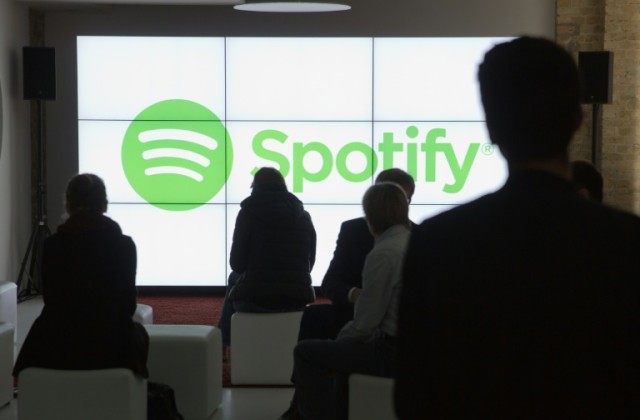Popular music streaming service Spotify has removed a list of “hate bands” from the platform in response to the Charlottesville white supremacist rally last week.
A Spotify spokeswoman told Breitbart Tech in a statement that “the music in our catalog comes from hundreds of thousands of record companies and aggregators all over the world, and those are ‘at first hand responsible’ for the content they deliver.”
“Illegal content or material that favors hatred or incites violence against race, religion, sexuality or the like is not tolerated by us,” claimed Spotify. “Spotify takes immediate action to remove any such material as soon as it has been brought to our attention. We are glad to have been alerted to this content – and have already removed many of the bands identified today, whilst urgently reviewing the remainder.”
A full list of the bands removed has not been released by Spotify, however those flagged in a Digital Music News article, which prompted Spotify’s actions, all appeared to be white supremacist in nature.
Historical Nazi music, including marches from the 1940s, remain on the platform.
Older recordings are also part of a historical record that is difficult to edit away. For example, one Spotify playlist features a collection of Nazi marching band songs,” reported Digital Music News. “That’s also technically a ‘hate band,’ though many would defend its presence on Spotify as an important historical collection.”
“I don’t really equate the message of white nationalist bands with the message of death metal, rap, punk, or hair metal that was under fire with the PMRC decades ago,” proclaimed popular music reviewer Anthony Fantano after Breitbart Tech asked him for his thoughts on the removal. “Both are free to express their ideas openly, but Spotify doesn’t owe either a platform if they don’t want to, honestly.”
“I think a lot of people on the internet are feeling this strong sense of entitlement lately, as if the door should be open for them no matter where they go. When I grew up, there were things you didn’t hear about unless you went underground, or messages that didn’t get out unless artists took a DIY initiative,” he continued. “I think that’s what those with fringe ideas and perspectives are gonna have to do as platforms like Spotify and YouTube become more stringent with what is and isn’t allowed on their sites.”
“Spotify won’t let you on? Start your own site. Host your own shit. At the beginning, the Internet was all about doing it yourself, and now everyone is just a little too dependent on the powers that be,” Fantano explained. “You’re allowed to have your nasty music, but nobody has to like it or host it if they don’t want to. If the right is concerned with this kind of speech being censored, the only answer would be to nationalize these platforms and apply the same free speech laws to them that the US government runs by, but that’s basically eroding market interests, isn’t it?”
Charlie Nash is a reporter for Breitbart Tech. You can follow him on Twitter @MrNashington and Gab @Nash, or like his page at Facebook.

COMMENTS
Please let us know if you're having issues with commenting.